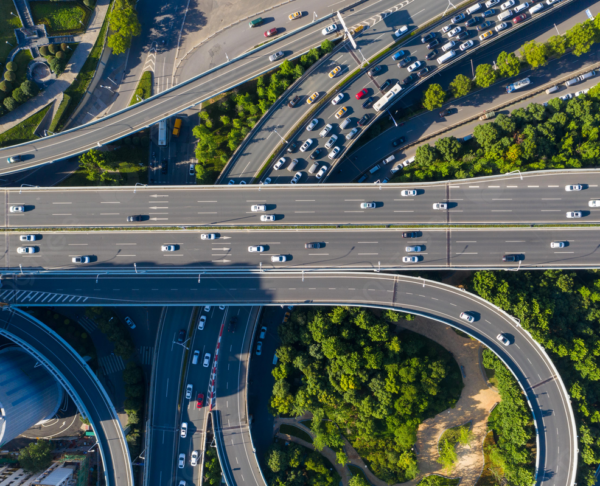Introduction:
Festivals are the vibrant threads woven into the fabric of cultures worldwide, creating a tapestry of joy, tradition, and community. These celebrations, marked by rituals, customs, and a sense of shared identity, play a crucial role in bringing people together.
- Cultural Diversity and Rich Traditions: Festivals serve as a reflection of a community’s values, history, and religious or social beliefs. From the exuberant colors of Holi in India to the mesmerizing lantern festivals in China, each celebration is a testament to the rich tapestry of human cultures.
- Marking Milestones: Festivals often commemorate significant milestones, historical events, or religious observations. For example, Christmas celebrates the birth of Jesus, Eid marks the end of Ramadan in Islam, and Diwali.
- Social Bonding and Community Spirit: Festivals are a catalyst for social interaction and community bonding. Whether it’s sharing a meal with family and friends during Thanksgiving or participating in street processions during Carnival.
- Cultural Exchange and Understanding: In our interconnected world, festivals offer a platform for cultural exchange and understanding. Events like the Rio Carnival or Mardi Gras attract people from diverse backgrounds, creating a melting pot of traditions, music, and cuisine.
- Economic and Tourism Impact: Festivals often have a significant economic impact, driving tourism, local businesses, and the hospitality industry. Events like Oktoberfest in Germany or Rio de Janeiro’s Carnival draw millions of visitors.
- Adaptation to Modern Times: In the contemporary world, festivals continue to evolve, adapting to changing lifestyles and technological advancements.
Conclusion:
Festivals are the heartbeats of cultural expression, uniting communities, and bridging gaps between generations. Beyond the glittering lights, music, and festive attire, these celebrations represent the collective human spirit, emphasizing the shared values that bind us together.




